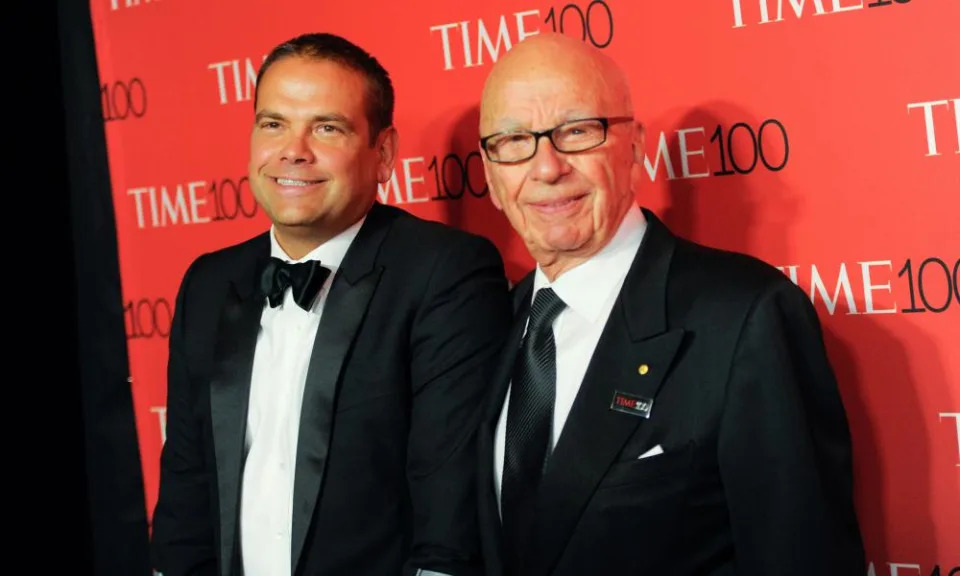
Rishi Sunak, the UK prime minister, has announced his government will scrap or delay a number of measures designed to help the UK reach net zero by 2050, with a particular focus on housing. This includes getting rid of impending requirements for landlords and property owners to upgrade the energy efficiency of their homes with insulation and other measures. And the ban on installing gas boilers in new homes will be pushed from 2025 until 2035.
Instead, the government will rely more heavily on schemes to encourage people to make energy-efficiency improvements, such as grants to replace boilers have increased by 50% to £7,500 alongside other. But what effect is this likely to have on efforts to decarbonize Britain's housing stock?
Several reviews of the government's net zero strategy have already highlighted that continuous policy changes and U-turns, such as discontinuing subsidies after only a year or so, are counterproductive. These include reports by government advisers the Climate Change Committee and one chaired by the former Conservative energy minister, Chris Skidmore, which was published in January 2023.
All these sources emphasize that frequent program changes reduce both the demand for energy-efficiency investments among property owners and the ability of firms to meet it. On the demand side, this announcement seemingly rewards those landlords who have been waiting to upgrade their property by the original deadline of 2025. In the future, others might similarly put off making changes to comply with incoming regulations and requirements.
This wait-and-see approach affects the supply side too. If firms can less reliably predict demand they might hold off on investing, for instance, in hiring or training skilled workers or by securing contracts for parts.
Requirements to upgrade homes to make them more energy-efficient could act as a catalyst by creating a clear goal towards which UK firms and the public can work, enabling the market to shift towards greener options. Eliminating these requirements is a missed opportunity for property owners and firms alike.
The cost of policy U-turns
In general, subsidies for retrofitting homes and upgrading boilers don't appear to have worked well so far.
The green homes grant, introduced in October 2020, gave homeowners vouchers to cover much of the cost of energy-efficiency improvements using accredited suppliers. However, this scheme ended with most of the funding unspent, as accreditation proved costly and complex for firms and businesses did not scale up their operations and train new staff for a program that was only designed to last a few months.
To this day, when I speak with builders they lament the paperwork required to access the most recent boiler upgrade scheme, as well as the delays they face in getting reimbursed. It will be hard to judge the newly promised funds until the details are unveiled.
The argument made by landlord associations (and parroted by the government) that the requirement to upgrade the efficiency of rental properties would have raised rents for tenants is flawed.
When homes are sold or leased today, the must have an energy performance certificate (EPC) that rates their energy efficiency on a scale of A-G, with A being the most efficient. This also includes recommendations on how to improve the energy efficiency of the property.
While it is true that properties with higher EPC ratings demand higher rents on average compared to similar neighboring properties, it is hard to know what other improvements will also have increased the rental price.
Retrofitting homes would also boost their resale values, allowing landlords to recoup costs. And as many others have already pointed out, it would also lower energy bills and improve the comfort and well-being of those living in them, with knock-on benefits for public health among the many net positive effects.
The government's announcement creates a lose-lose-lose situation. It jeopardizes the UK's ability to meet its net zero targets while leaving vulnerable families in potentially outdated and drafty houses.
The effects of this backpedaling are not restricted to housing either. They are likely to undermine the credibility of net zero policies across the board, discouraging UK businesses from investing in green jobs and technologies.
If there is a legitimate concern that net zero policies will burden low-income families, then this could be addressed with more direct intervention by the government to ease the cost-of-living with lump-sum transfers and other measures that do not blunt incentives to invest in energy efficiency for everyone.
Provided by The Conversation
This article is republished from The Conversation under a Creative Commons license. Read the original article.![]()
Australia won't meet net zero goals without a national approach to home thermal efficiency: Report
Harvie: Sunak has ‘damn nerve’ to blame climate rollback on household burden
Rebecca McCurdy, PA Scotland Political Reporter
Sun, 24 September 2023
Rishi Sunak has a “damn nerve” to claim delays to key climate pledges were for the benefit of households, Scottish Greens co-leader Patrick Harvie has said.
Mr Harvie, who is zero carbon buildings minister for the Scottish Government, said the Prime Minister’s pledge to delay the ban on sales of petrol and diesel vehicles by five years – to 2035 – will have a knock-on effect on Scotland’s net zero ambitions.
Last week, Mr Sunak also weakened the plan to phase out gas boilers from 2035 to require households struggling the most to refrain from the change, with Scottish ministers now “urgently” assessing how the news will impact targets north of the border.
The Prime Minister said the moves were made to prevent the cost burden being placed on ordinary families.

Prime Minister Rishi Sunak delivered a speech on the plans for net-zero commitments (Justin Tallis/PA)
Speaking on BBC Scotland’s The Sunday Show, Mr Harvie said the announcement was “profoundly worrying” and deeply irresponsible” as he condemned the lack of communication with devolved administrations.
“Some of the irresponsibility of this is about their unwillingness even to talk to Scottish or Welsh governments in advance,” he said.
“We’ve been trying (to work together) and yet at the last minute you get this bizarre announcement saying we’re going to put a wrecking ball through a lot of the existing climate commitments. There’s a problem with leadership here.”
He said the plans will have a “direct impact” on Scottish climate targets but that it would not “change our determination to go as far as we can”, although “it does make a lot of this really, really difficult”.
His comments come as Scottish Tory figures showed the Scottish Government’s target to install 30,000 electric car-charging stations could be missed by 12 years, with the party urging the Scottish Government to follow in the footsteps of the Prime Minister.
Figures revealed by the Tories from ChargePlace Scotland showed just 169 chargers had been added between October 2022 and August 2023.
Scottish Government figures estimated there were almost 4,000 charging points as of June 2023, with the Tories estimating it could be 2042 before the target is reached.

Scottish Tory analysis suggests the Scottish Government will miss its electric car charging station target (John Walton/PA)
Mr Harvie told the BBC programme businesses would be put off investing in the required infrastructure because of Mr Sunak’s comments, saying: “I think they’ve got a damn nerve, to be honest.
“What we need if we’re going to see not just public charging points, which we have been rolling out, but you need all sorts of other organisations to start installing their own charging points as well.
“Without that sense of when policy changes are coming, when regulatory changes are coming, why would they bother investing in the UK given that lack of clarity?”
Transport Scotland said £65 million had been invested in the electric charging network since 2011, where Scotland had the greatest number of rapid or ultra-rapid charging points per head of population outside of London.
A spokesperson said: “In addition to funding over 2,600 charge points on the public CPS network, the Scottish Government has increased charging capacity across Scotland by also funding the installation of over 20,000 home and workplace charge points.
“Last year ministers also introduced legislation requiring car parks of new buildings to install charge points.
“To meet Scotland’s statutory climate change targets, the pace and scale of investment in the public network will need to increase over the coming years and it will be unsustainable for the public sector to deliver this alone.”
The UK Government has been approached for comment.











